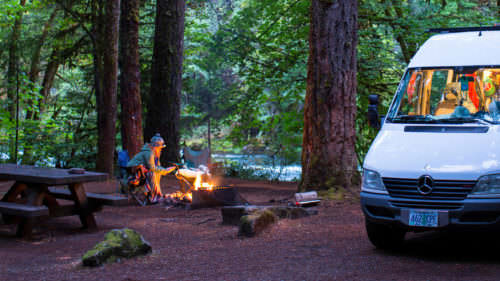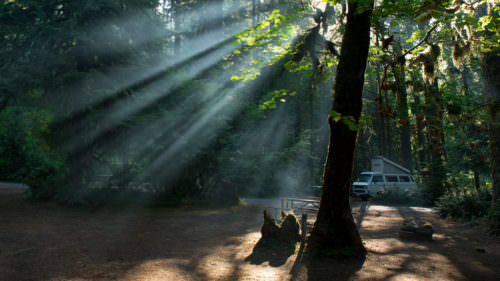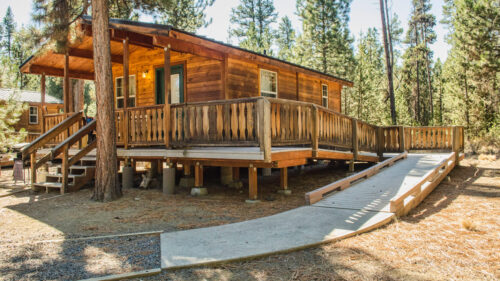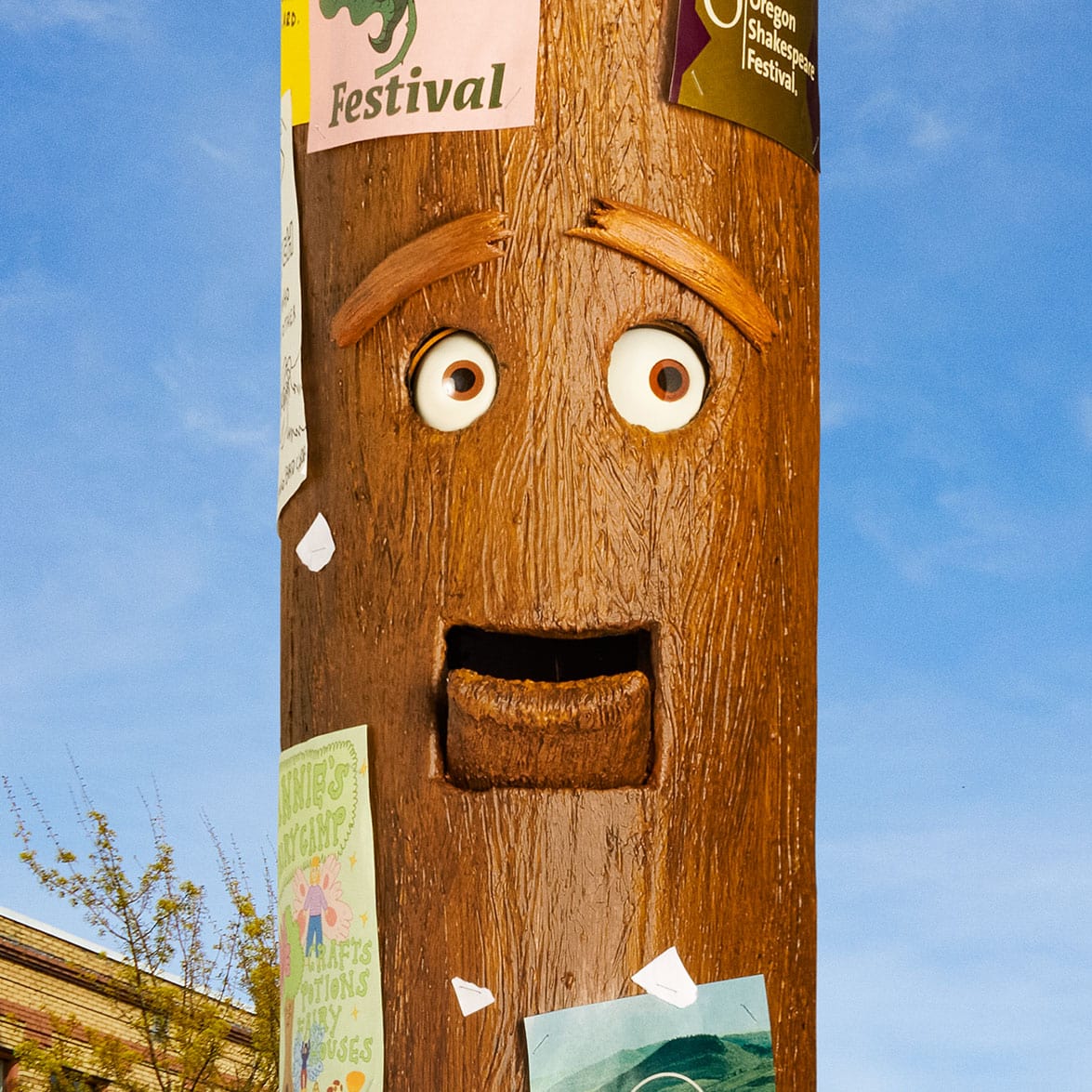When it comes to getting a campsite in the state’s most popular parks or booking a weekend getaway to one of the state’s coveted fire lookouts, the trick is to be proactive. Winter is the time to start thinking about summer, which means planning ahead and being realistic about where and when you can go, as well as how long you’ll stay. With demand as high as ever, the last thing you want to do is book a site and then not show up, or reserve a spot for two weeks when you’ll be there for one.
It’s no secret that Oregon’s public lands are feeling the stress of increased use as people discover the joys of spending time outside in a meaningful, affordable way. So ensure you’re visiting responsibly. Mind fire restrictions (never toss your garbage into fire pits) and observe rules about pets. Keep noise levels down and leave sites better than you found them — that way we’ll all have great places to return to time and time again.
Here are a few tips to help you reserve a campsite in time.
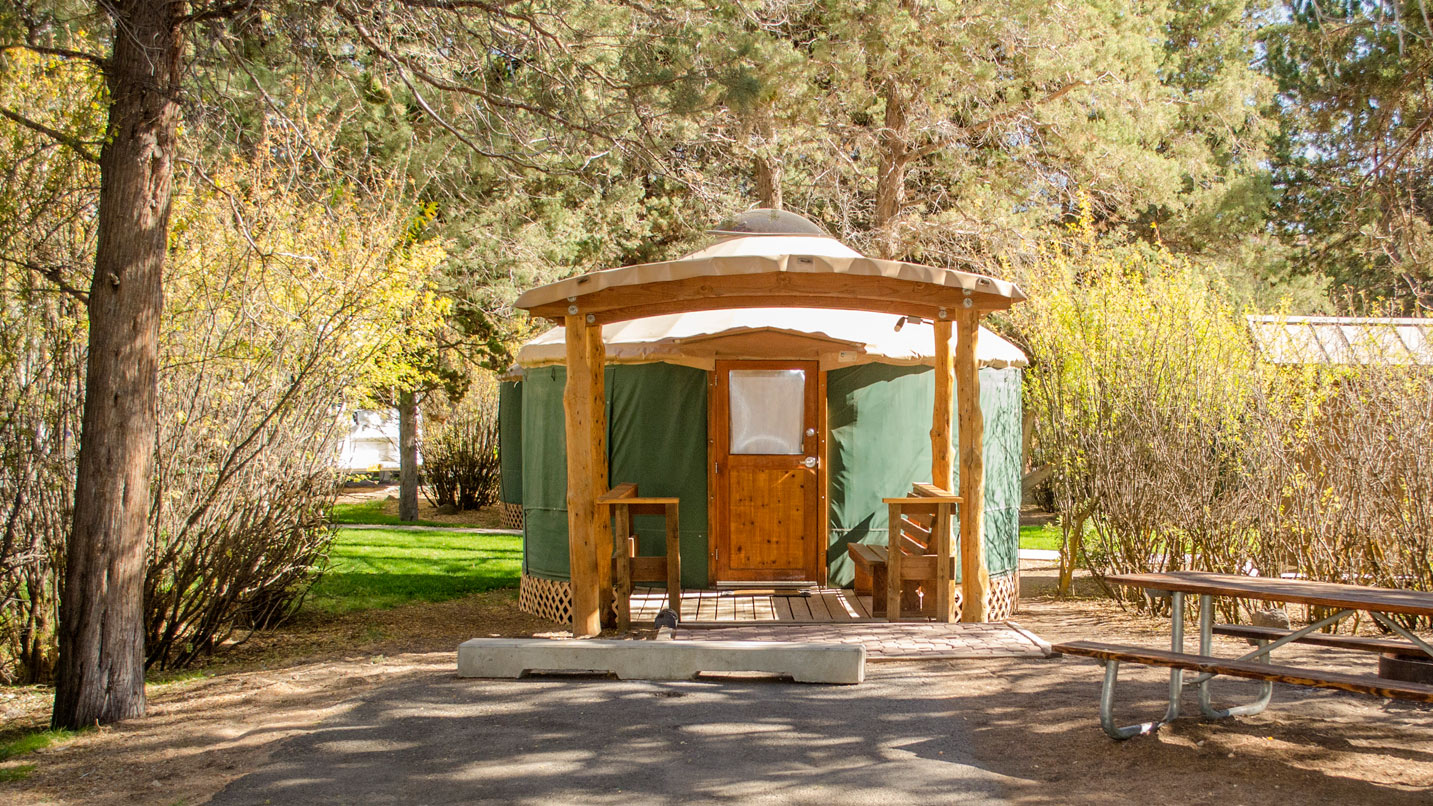
Find a Site on State Land
Oregon Parks and Recreation Department takes new reservations from one day to six months out. To book campsites and yurts through Oregon State Parks, use the online reservation system, which includes advance bookings for tent and RV sites as well as deluxe cabins and yurts.
Fortunately, some changes have made it easier to pick up last-minute cancellations Oregon’s most popular places to pitch a tent or park an RV. You can now make same-day reservations online. Remember, cell service can be spotty in places, so do plan ahead.
There are three types of camping offered by the Oregon Department of Forestry at 28 areas: developed campgrounds, designated campsites outside of campgrounds and dispersed camping. Campgrounds are first come, first served, except group campsites in the Tillamook State Forest, Northrup Creek Horse Camp in the Clatsop State Forest and Santiam Horse Camp in the Santiam State Forest. Fees range from $5 per vehicle at designated campsites to $50 per night for group campsites with six vehicles.
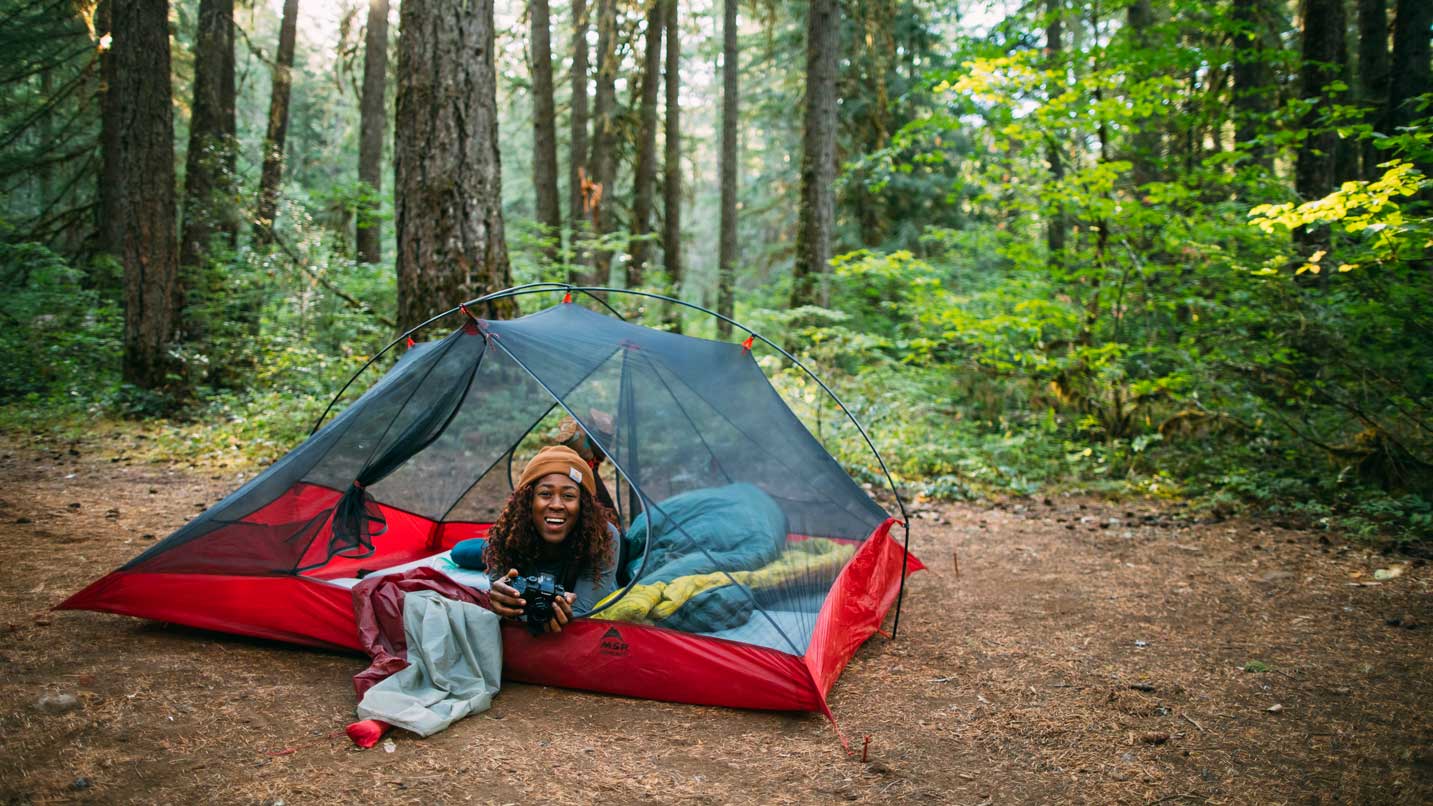
Camping on Federal Land
Campsites, cabins and fire lookouts on U.S. Forest Service lands can be booked through Recreation.gov six months in advance. That means if you’re looking for a Sept. 2 reservation, you’ll want to book it when it becomes available on March 2. You can use that same online system to reserve sites at National Forest campgrounds, but be sure to check when they open — some get buried by snow in winter, while others remain closed due to wildfire damage.
The Bureau of Land Management allows camping at numerous sites in Oregon. Many campgrounds are on a first-come, first-served basis; however, some campgrounds take reservations through Recreation.gov. Fees vary. Dispersed camping — meaning away from developed recreation facilities — is allowed “as long as it does not conflict with other authorized uses, wildlife species or natural resources,” the BLM says. You’ll have to bring or treat your own water and manage waste properly. Check the website for more tips on dispersed camping and limitations on how long you can stay.
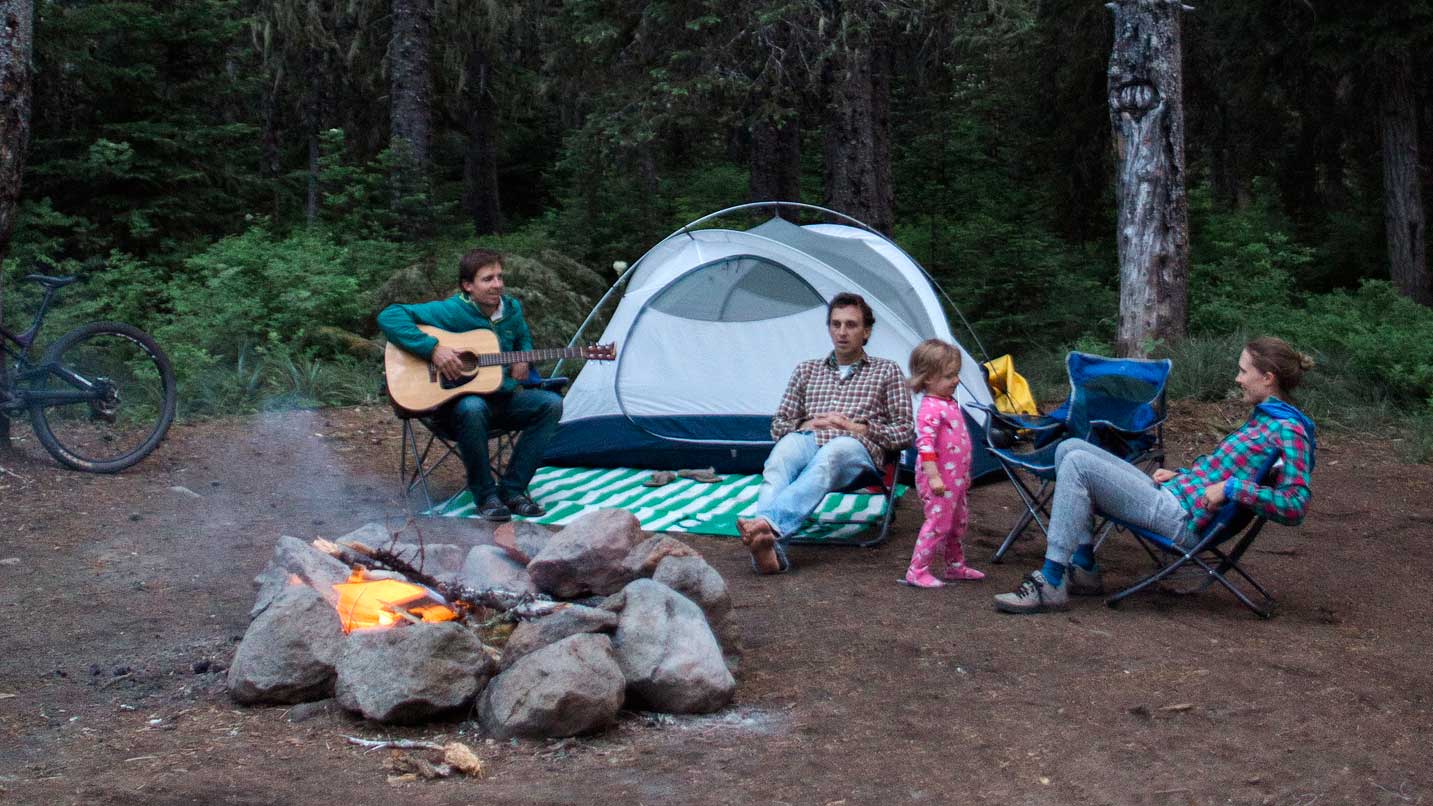
Park Passes for Day Use
Though you won’t need a park pass for camping, if you’re planning to visit nearby forests or parks during your trip, you may need to purchase one of these day-use passes.
- The Northwest Forest Pass is an annual pass that allows visitors to park and hike from trailheads and other sites managed by the U.S. Forest Service. You can use the pass to cover everyone in your vehicle.
- An Oregon State Parks Permit is an annual pass that is valid for parking at any one of the 25 state parks that charge a parking fee. It doesn’t apply to campsite fees but does to parking at day-use areas of those campgrounds.
- Oregon Sno-Park Permits let you park at any of the state’s designated sno-parks between Nov. 1 and April 30, when you can often go snowshoeing, skiing and snowmobiling.
- The America the Beautiful Pass is an annual pass that works at more than 2,000 federal recreation sites across the country. This includes entry fees and day-use fees at national parks, such as Crater Lake National Park, and national wildlife refuges, such as Baskett Slough National Wildlife Refuge in Dallas.
